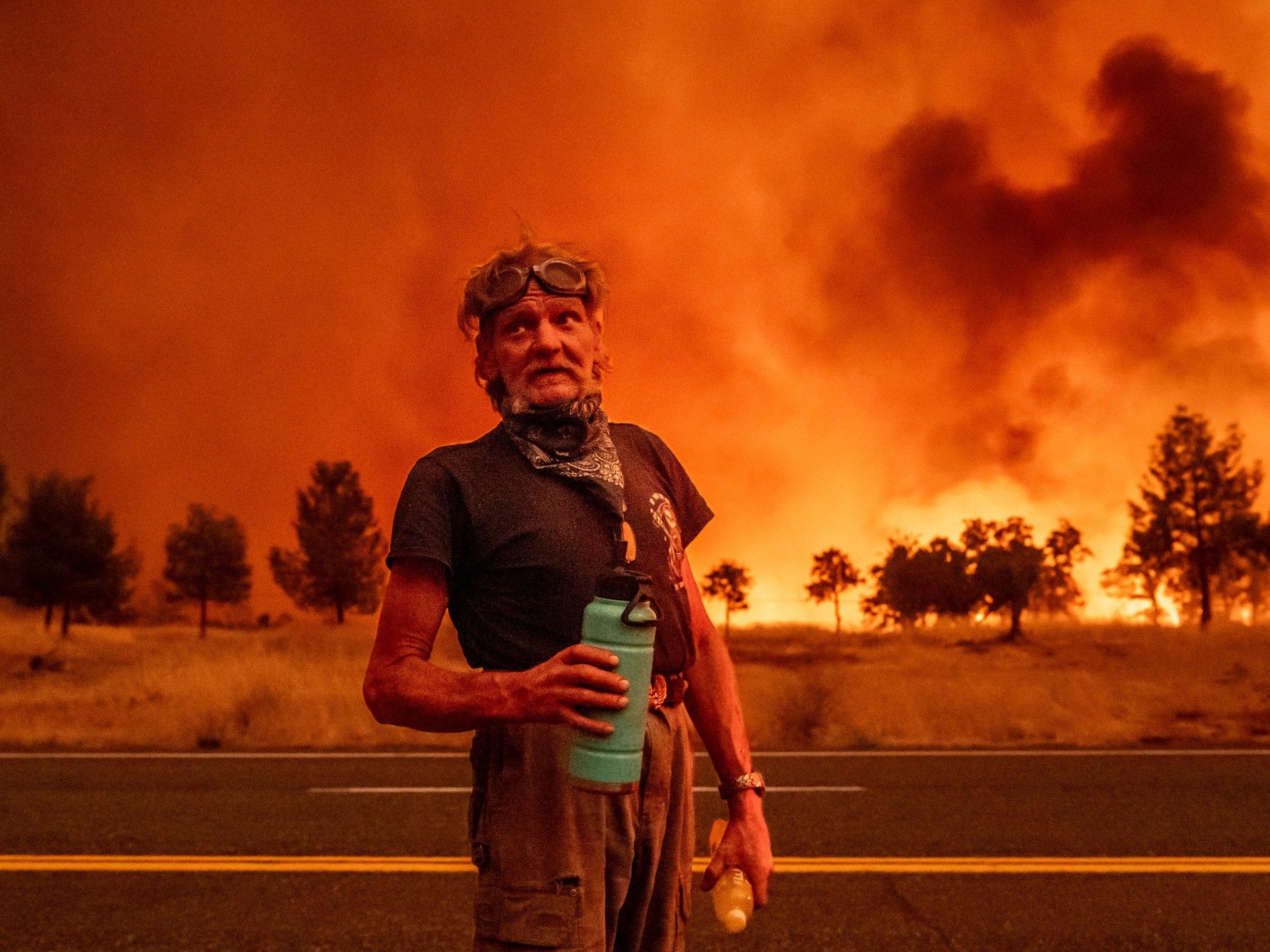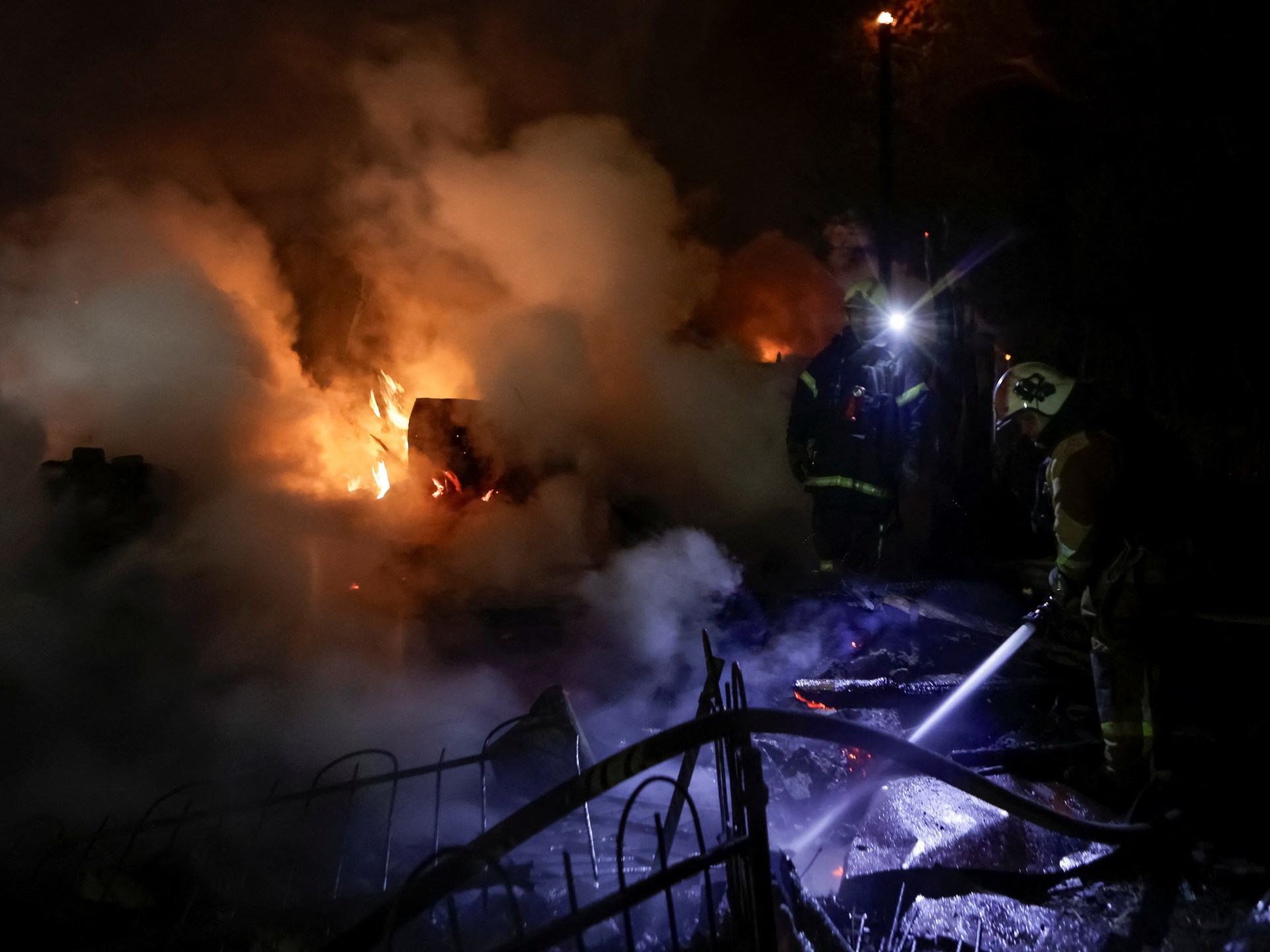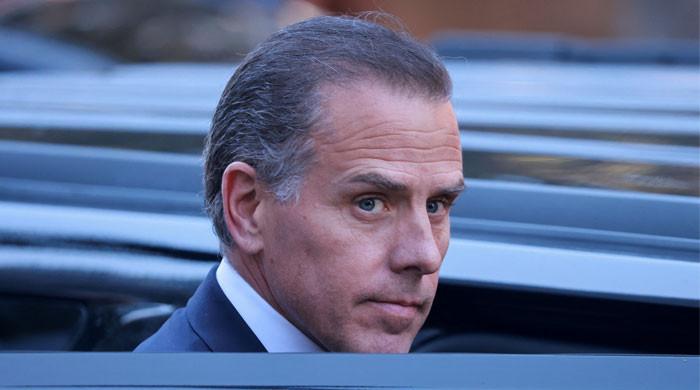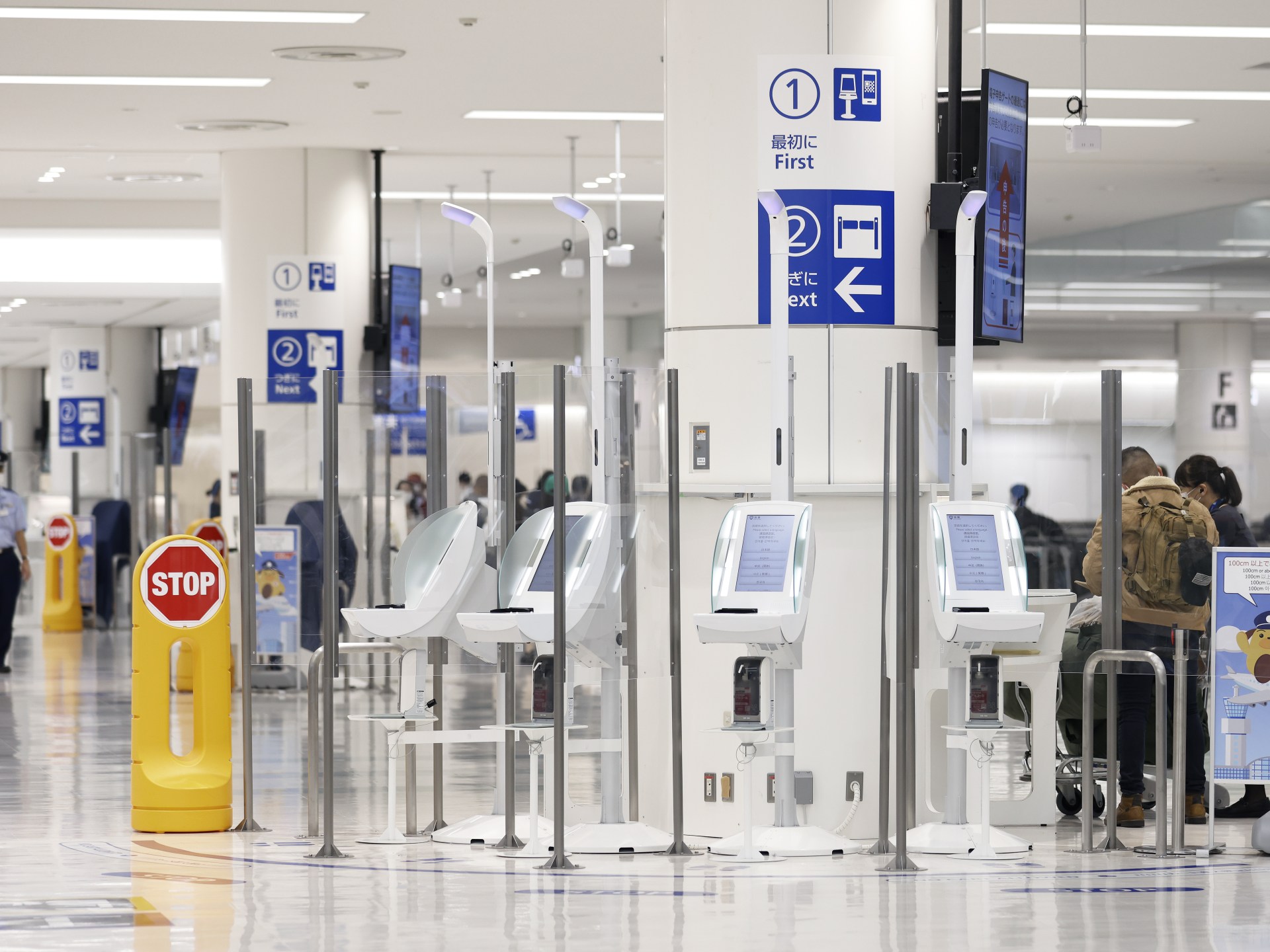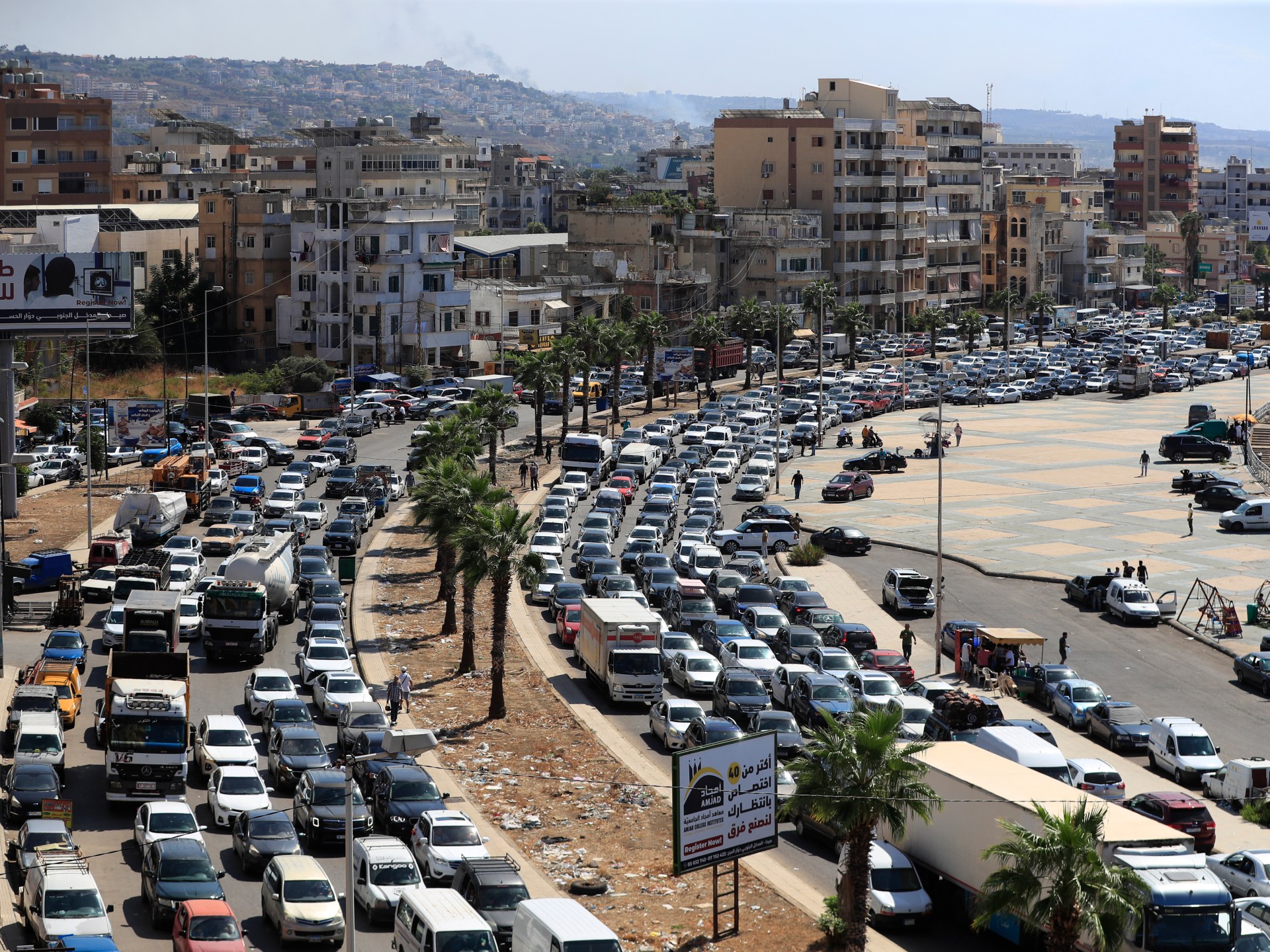The speed of growth of the California Park fire is drawing grim comparisons to the deadly Camp Fire of 2018, where “fire torados” were detected.
A wildfire in California has spread rapidly, forcing thousands of residents to flee an area that was devastated by the state's deadliest wildfire six years earlier.
The Park Fire continued to burn in Northern California on Saturday, with hopes that cooler weather could help slow its spread.
Still, as of late Friday, the fire was “expanding between 4,000 and 5,000 acres per hour,” incident commander Billy See said at a news conference, and was “zero percent” contained.
“There is a huge amount of fuel available and it is going to continue at this rapid pace,” See said.
A total of 4,000 people have evacuated the towns of Cohasset and Forest Ranch, as well as another 400 from the small city of Chico.
At least 134 structures have been destroyed so far by the fire since it began Wednesday when authorities say a man pushed a burning car into a ravine in Chico.
The blaze spread across more than 300,000 acres (124,000 hectares) on Saturday and was moving rapidly north and east, officials said. A tower alert camera also captured a swirl of smoke and fire rising into the sky, which some called a “fire tornado.”
About 1,700 firefighters responded to the blaze, which quickly became one of the largest in state history.
Many of the evacuees are from Butte County, where the monstrous 2018 Camp Fire devastated the town of Paradise, killing 85 people and destroying 11,000 homes.
Paradise has been placed under an evacuation warning, but as of Friday residents had not been ordered to leave.
“You need to be prepared to go,” Butte County Sheriff Kory Honea warned area residents.
“This county has seen time and time again how people have waited too long and lost their lives,” he added.
In Chico, California, Carli Parker was one of hundreds of people who fled their homes as the Park Fire swept through the area. Parker told The Associated Press that she had previously been forced to abandon two homes because of the fire and had little hope that her residence would not be damaged.
“I think I felt in danger because the police had come to our house because we had signed up for early evacuation alerts, and they ran to their vehicle after telling us we needed to evacuate on our own and they wouldn’t be back,” said Parker, a mother of five.
The National Interagency Fire Center said there were 111 wildfires burning in the United States as of Friday, the vast majority in the West. Hundreds of fires were also burning north of the U.S. border in Canada, where a blaze has devastated parts of Jasper National Park.

Climate scientists attribute more intense and longer wildfire seasons to man-made climate change. Warmer temperatures create drought conditions that fuel fires and are accompanied by more instances of lightning.
Earlier this week, United Nations Secretary-General Antonio Guterres called for global cooperation to respond to an “epidemic of extreme heat.”
The call came after three days of record-breaking global heat, including Monday's all-time high global average of 17.16 degrees Celsius (62.8 degrees Fahrenheit).

